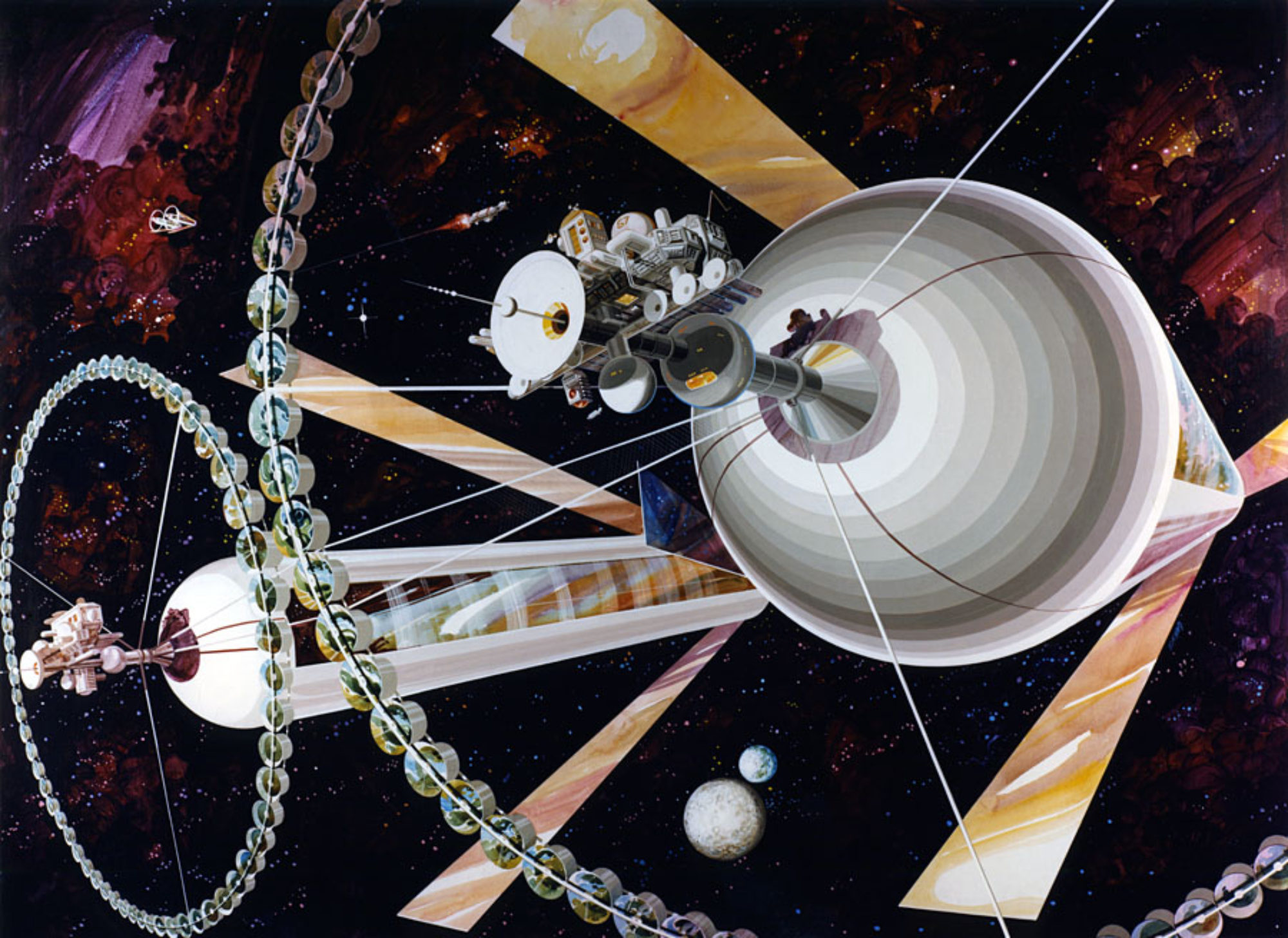
The 2020 virtual event sponsored by the American Institute of Aeronautics and Astronautics held in August brought together 200 space industry leaders from all over the world to discuss and respond to NASA’s ARTEMIS Plan. The event was summarized in a proceedings report that captured the group’s consensus on the technological and economic conditions needed for a sustained and economically viable lunar settlement. The attendees discussed the role of national space agencies, governments, and industry in addressing those conditions. The report defined a sustained lunar settlement as meeting the test of continuous survival and operation over time, and an economically viable settlement as one for which the long-term cost of maintenance is sustained by private capital.
When polled on the key technologies needed for a long term permanent presence on the Moon, the group identified the gaps in the chart below as those areas needing higher Technology Readiness Levels (TRL) to enable a permanent lunar settlement.

The authors* then summarized the economic conditions identified at the workshop conducive to sustained lunar settlements, information needed to close the technology gaps and the roles of government space agencies as well as non-aerospace industries (e.g. healthcare, agriculture, food processing, utilities, mining and construction). _________________________________________________________________________________
* Authors of the ASCEND Ensuring Economically Viable Lunar Settlements Proceedings Report 2020 include:
Jessica Todd, Graduate Research Assistant, Aerospace Engineering in Autonomous Systems, Massachusetts Institute of Technology and the Woods Hole Oceanographic Research Institute
George Lordos, Ph.D. Candidate, Aeronautics and Astronautics, Massachusetts Institute of Technology
Becca Browder, Graduate Research Assistant, Aeronautics and Astronautics, Massachusetts Institute of Technology
Benjamin Martell, Graduate Research Assistant, Aeronautics and Astronautics, Massachusetts Institute of Technology
Cormac O’Neill, Graduate Research Assistant, Mechanical Engineering, Massachusetts Institute of Technology
